Are you haunted by past traumas in the present? Emotional flashbacks may be the culprit. Learn how to cope and manage in this guide.
Emotional flashbacks happen when emotions from the past, are triggered by something occurring now. Complex trauma is ongoing or repeated interpersonal trauma (abuse), within a captivity situation, where the victim perceives no viable means to escape.
Most ongoing child abuse, is complex trauma. The child is vulnerable, at the mercy of the caregivers and unable to escape. Other examples where complex trauma can occur are sex trafficking, prisoner of war, severe domestic violence.
Complex Post Traumatic Stress Disorder, can result from enduring complex trauma.
Complex PTSD Emotional Flashbacks Symptoms
Complex PTSD has specific symptoms, that are not listed within the diagnostic criterion for (Uncomplicated) Post Traumatic Stress Disorder.
These specific symptoms, are deep and pervasive issues with trust, abandonment, emotion regulation, isolation and many more.
One of the most common symptoms, and the hardest to understand and recognize, are emotional flashbacks. These are where emotions from the past, are triggered by something occurring now.
These emotional flashbacks, do not have a visual aspect to them like flashbacks many PTSD sufferers experience. When there is something visual, it is far easier to understand – this is a flashback.
When there is no visual component, most survivors just feel they are having intense emotions, and really not understand why. They may seem ‘over-dramatic’ in their emotions and those close to the survivor will see these intense emotions are not rational.
Once I realized I was experiencing emotional flashbacks, I began to work on understanding and recognising them, as they were occurring. Which was a very challenging and long process. It required a lot of effort and a willingness, to really work on this. It was well worth the effort.
Related: 3 Types Of Childhood Emotional Wounds That Keep You Stuck In Adult Life
How I learned to recognize emotional flashbacks were occurring, is by having to be really honest about my intense emotions.
And be really honest about whether there was something valid occurring now to cause those emotions? Or was my emotional state, not appropriate or valid, for what was occurring now? Sometimes it is. But, sometimes, it’s not.
An example of this… I saw something said on social media, that caused an intense emotional response in me. It created deep feelings of being unsafe and scared. I had to stop and think about whether the current issue actually warranted and was rationally causing these intense emotions?
The answer was no, I was completely safe. So why was I feeling like a scared child? I was experiencing an emotional flashback. This due to some abusive situation in the past, that made me fearful and scared.
And at ‘that’ time during the trauma, my emotional response of fear and being scared, was very rational and valid.
Then, I learned to soothe myself, by telling myself “I am safe”. And tell myself “this issue is due to my past, and not due to something occurring now”.
And I learned the different ways to comfort, ground and use mindfulness, and distraction, to help me manage these emotional flashbacks and the intense emotions triggered.
This process does require us being able, to be honest with ourselves. We need the self control and awareness, and capacity for rational thinking, to discern whether the situation occurring now is an issue?
This capacity can take time to learn and I know it was over a year for me, of concentrating on this, before I could discern quickly if emotional flashbacks were occurring.
Related: How Toxic Family Dynamics Can Cause C-PTSD In Emotionally Intense Children
I do see this has been an invaluable part of my healing process. It has helped me deal with a very painful symptom and consequence of complex trauma. By being able to manage and reduce my intense emotions…. my quality of life improved.
These emotional flashbacks are really difficult to understand and recognize and then manage, but it is possible.
Related video:
All blogs written by Lilly Hope Lucario and subject to © Copyright Protected.
All rights reserved. No part of any entry/blog, may be reproduced, distributed, or transmitted in any form or by any means, including photocopying, screenshots, recording, or other electronic or mechanical methods, without the name of the author – Lilly Hope Lucario and a clear link back to this blog – https://healingfromcomplextraumaandptsd.wordpress.com/
This includes adaptations in all forms of media.

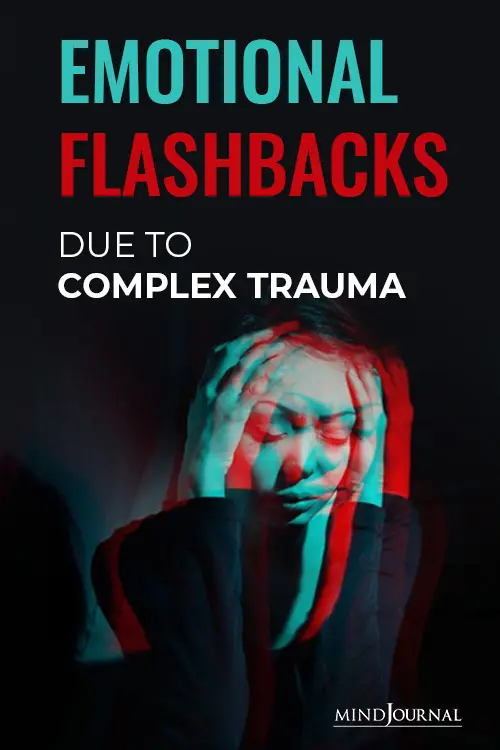
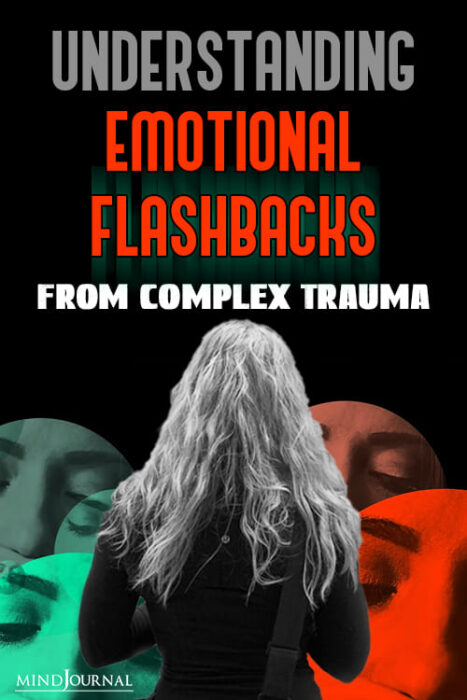
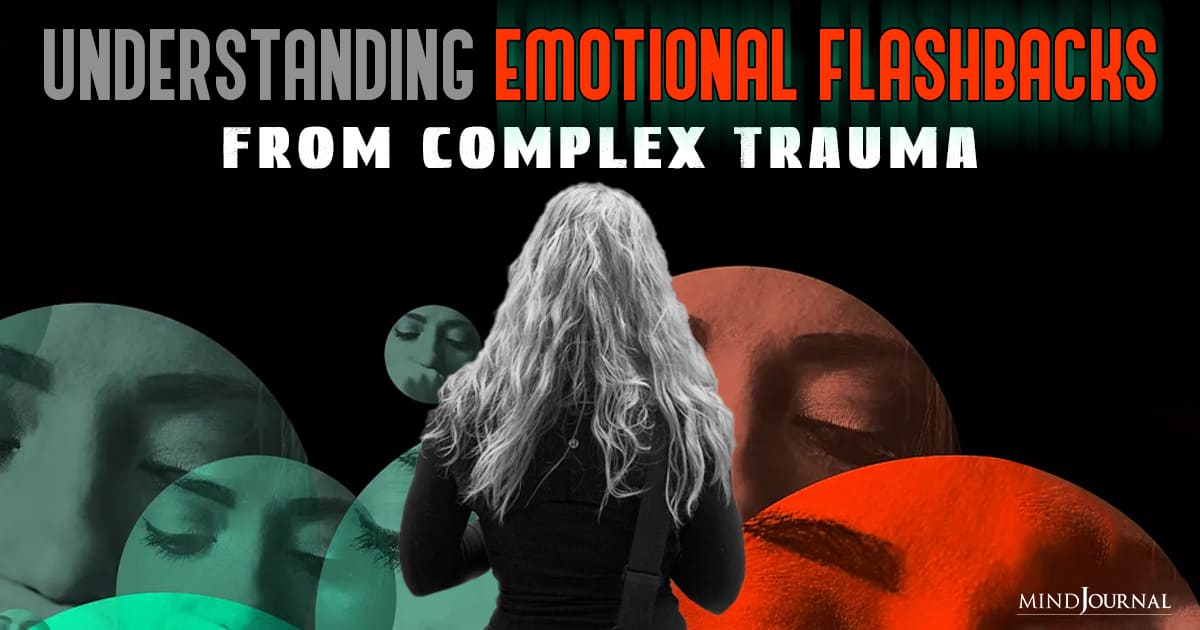
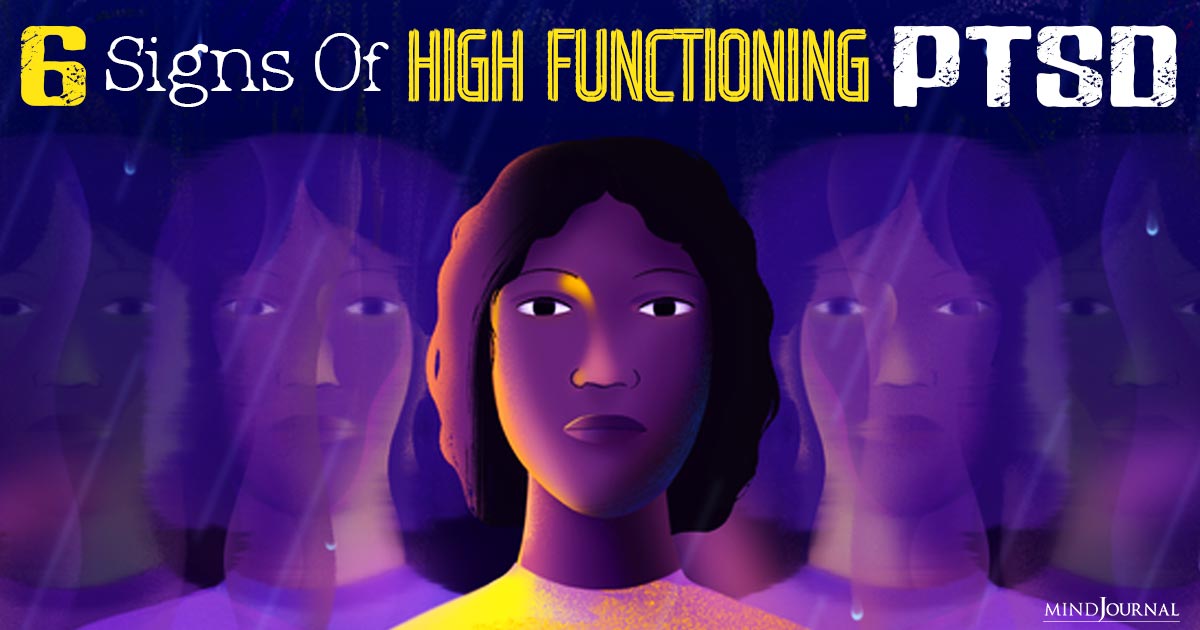
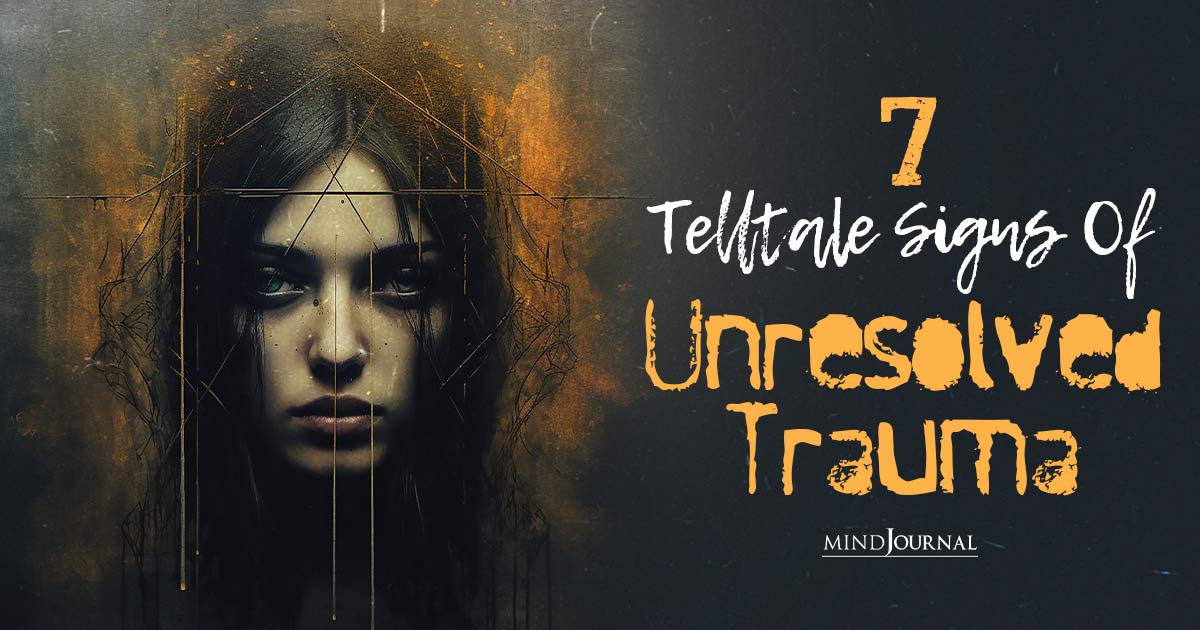
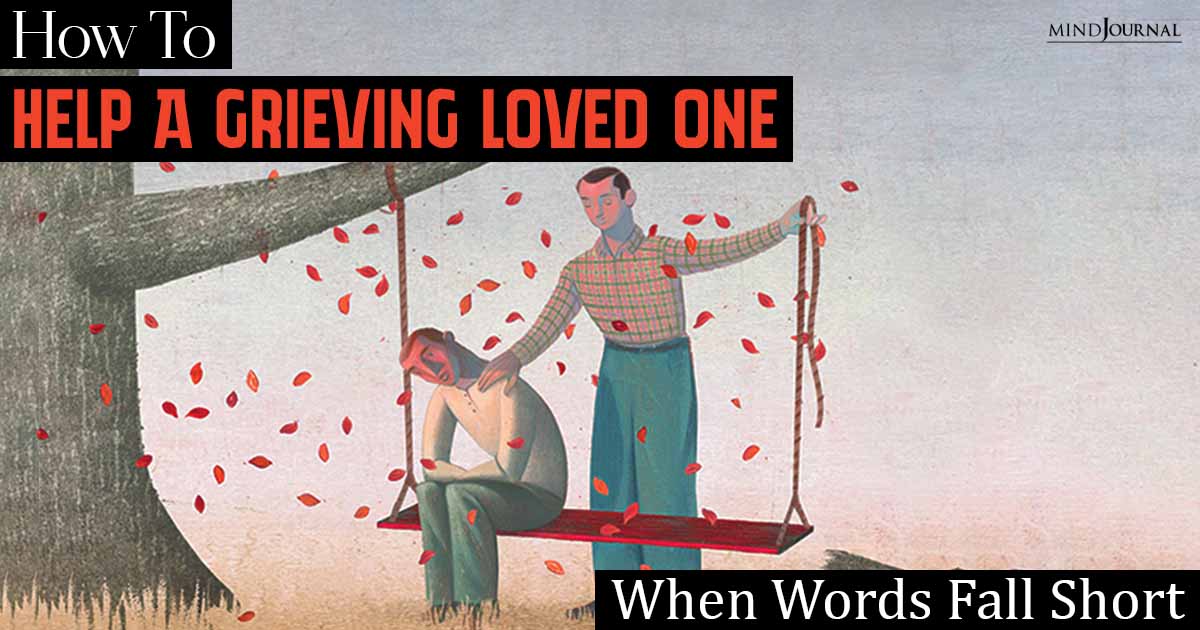
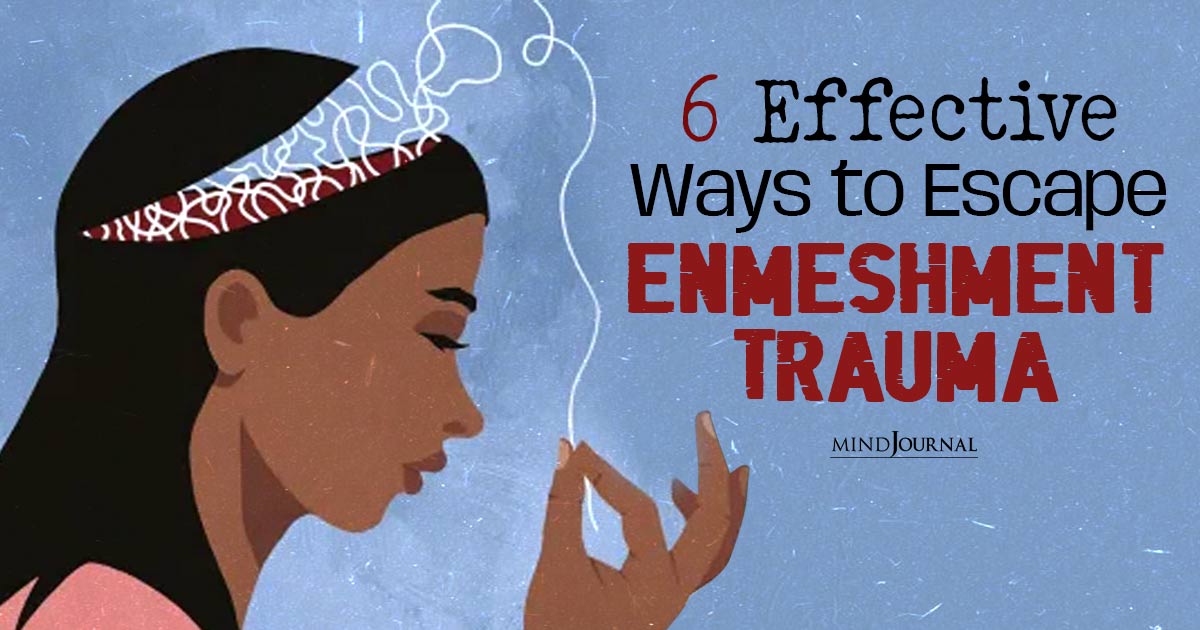
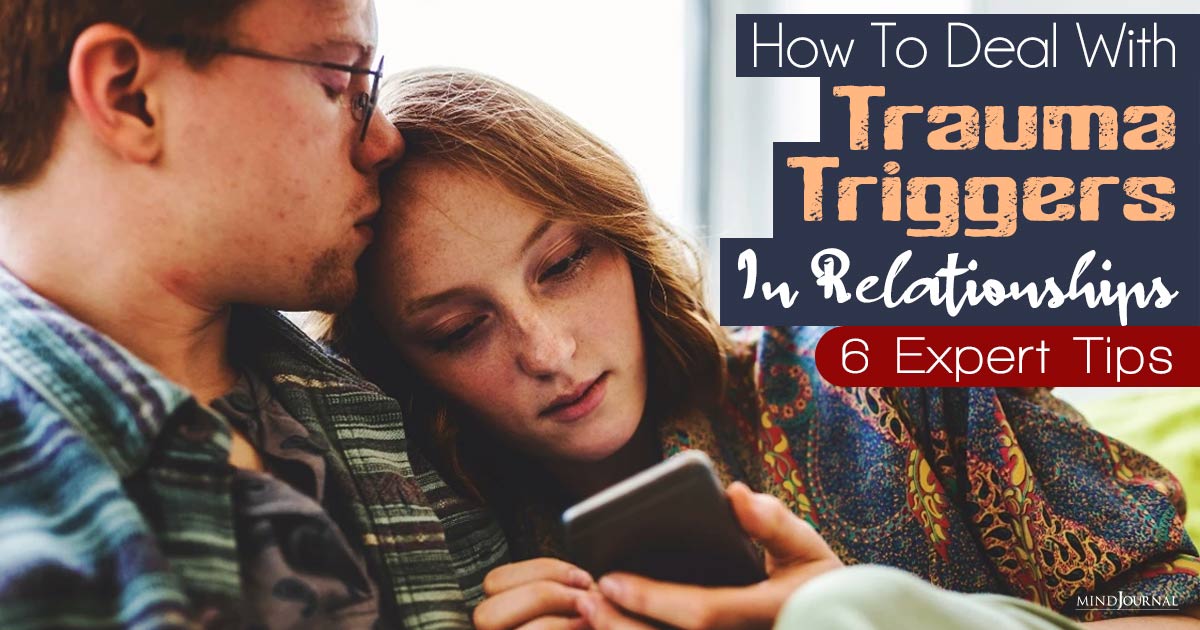
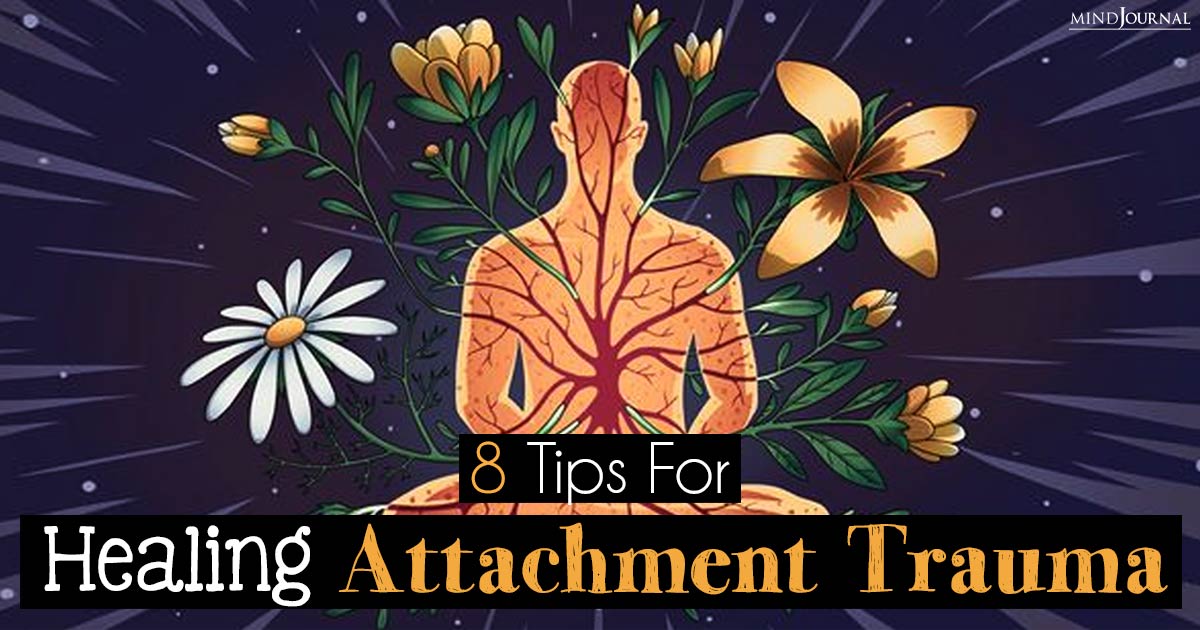
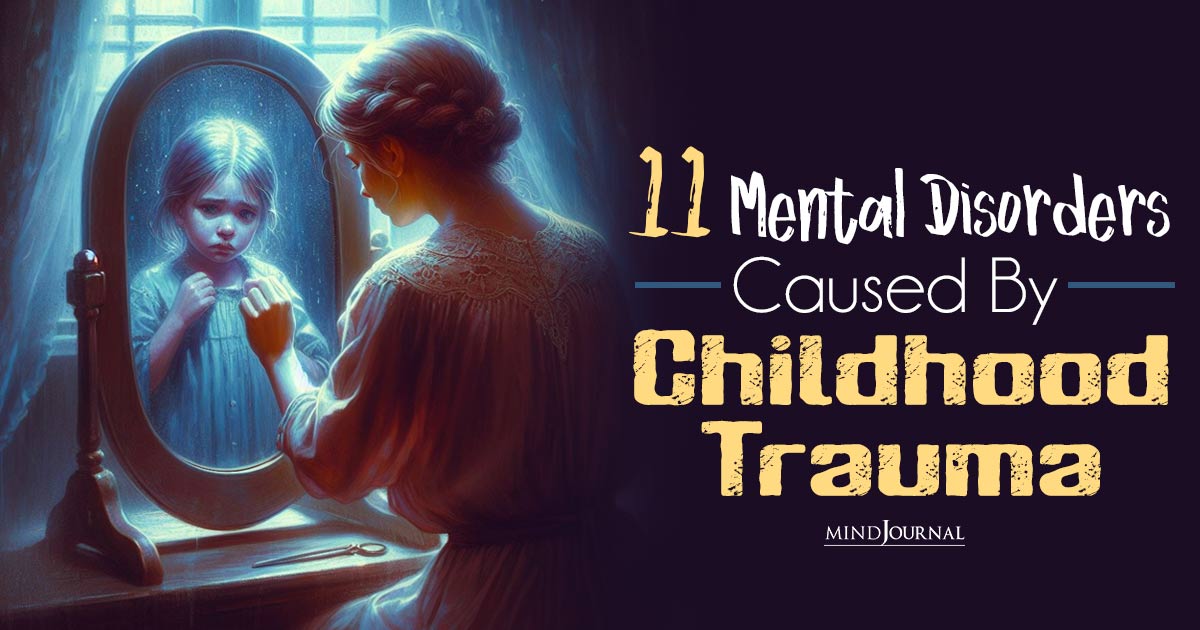
Leave a Reply
You must be logged in to post a comment.